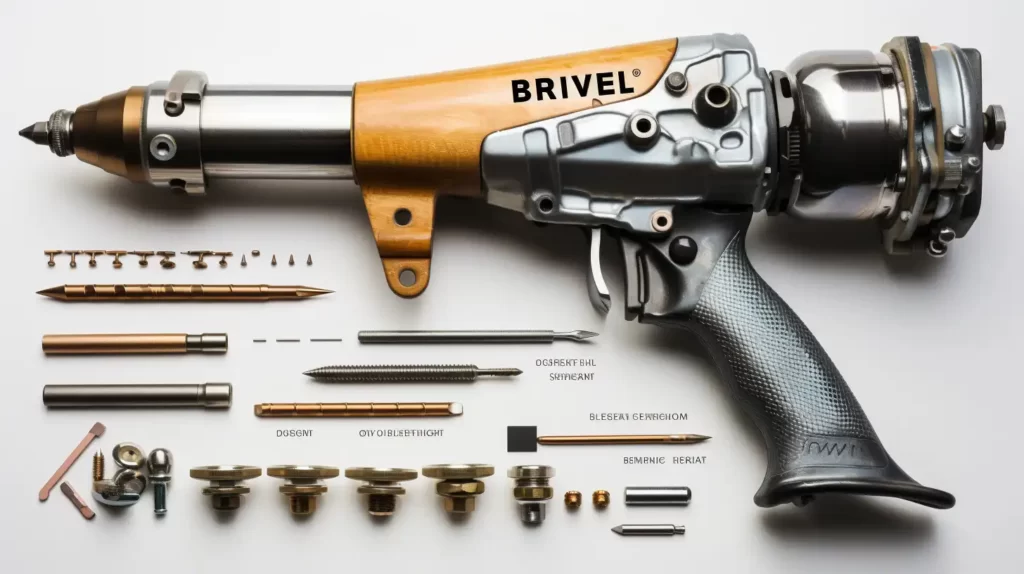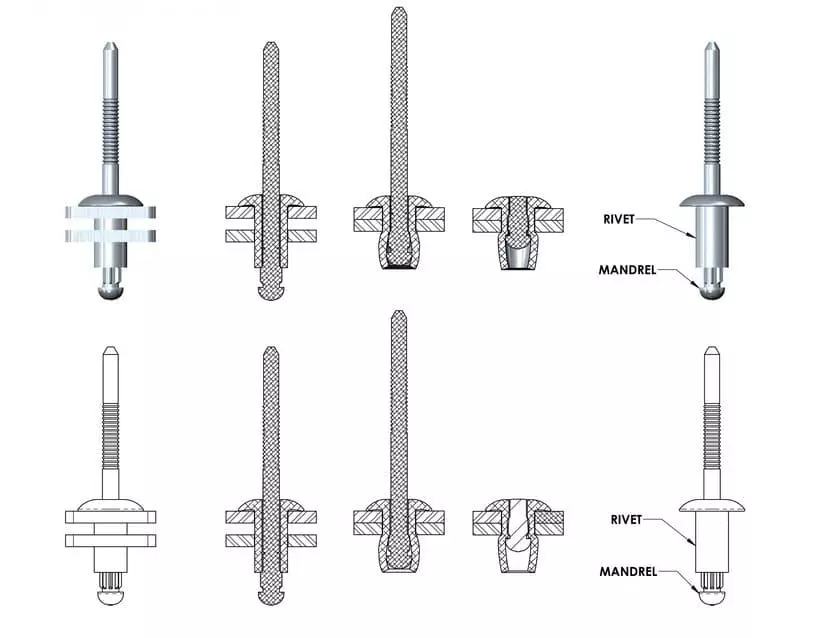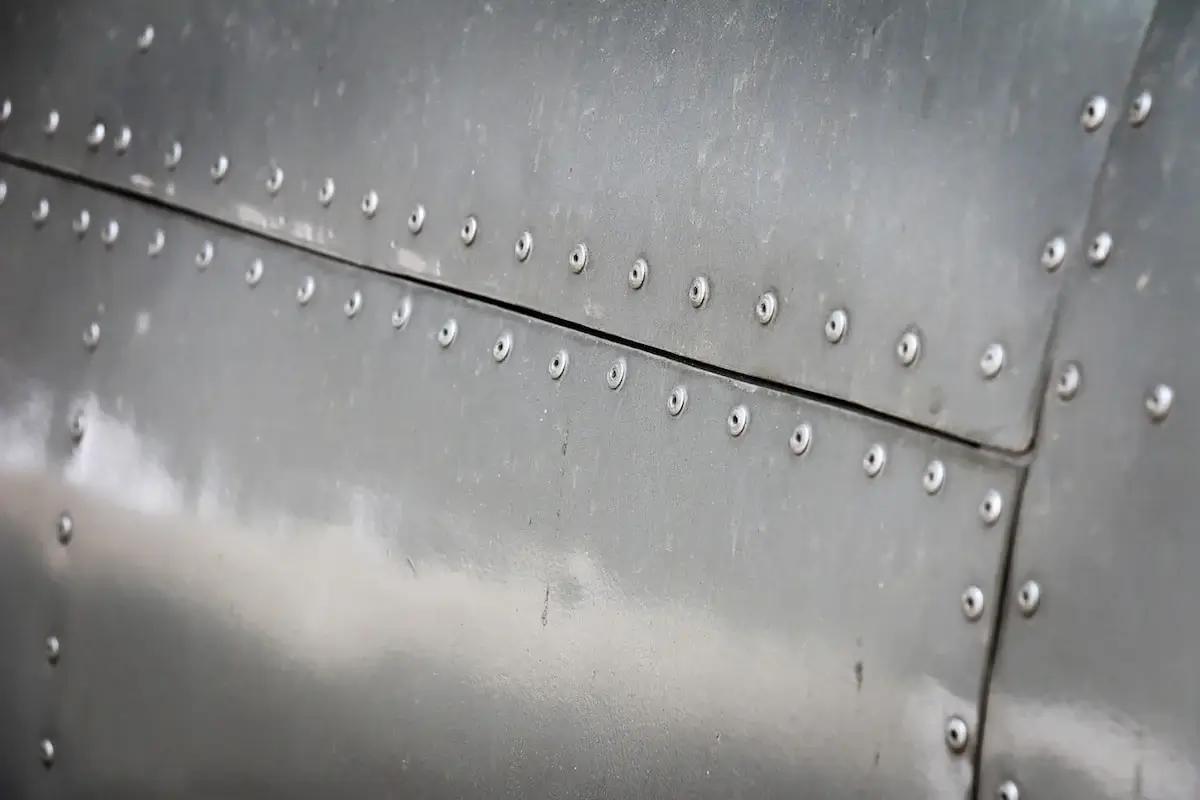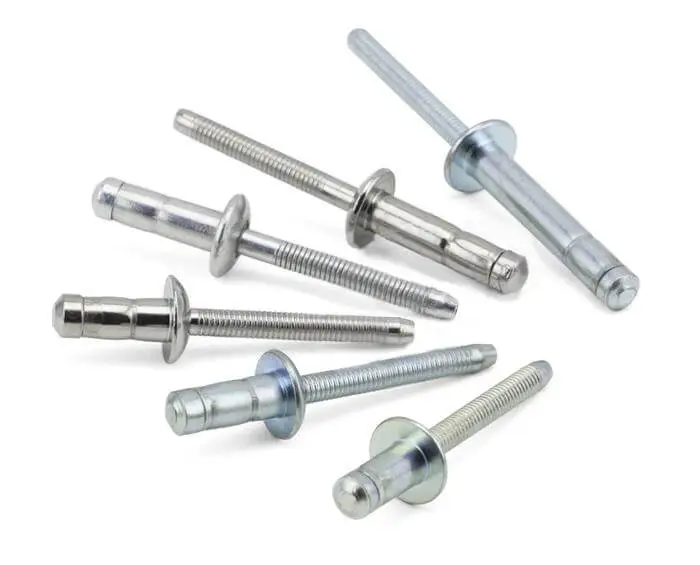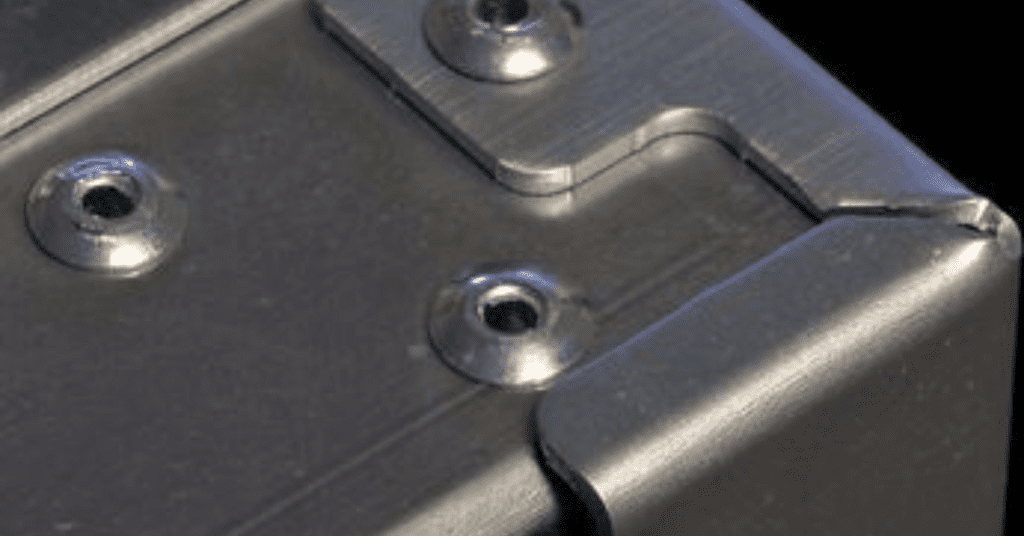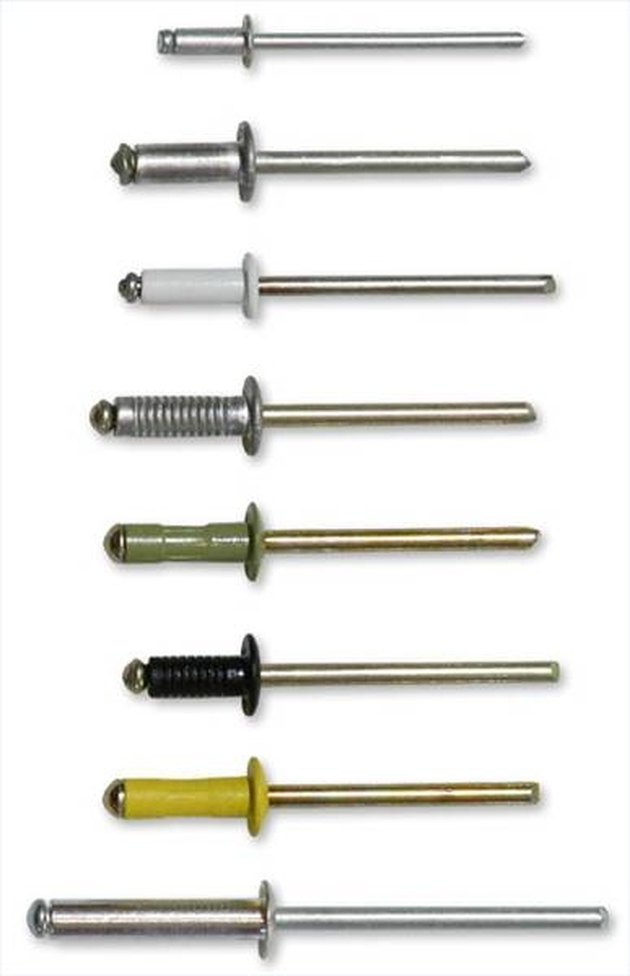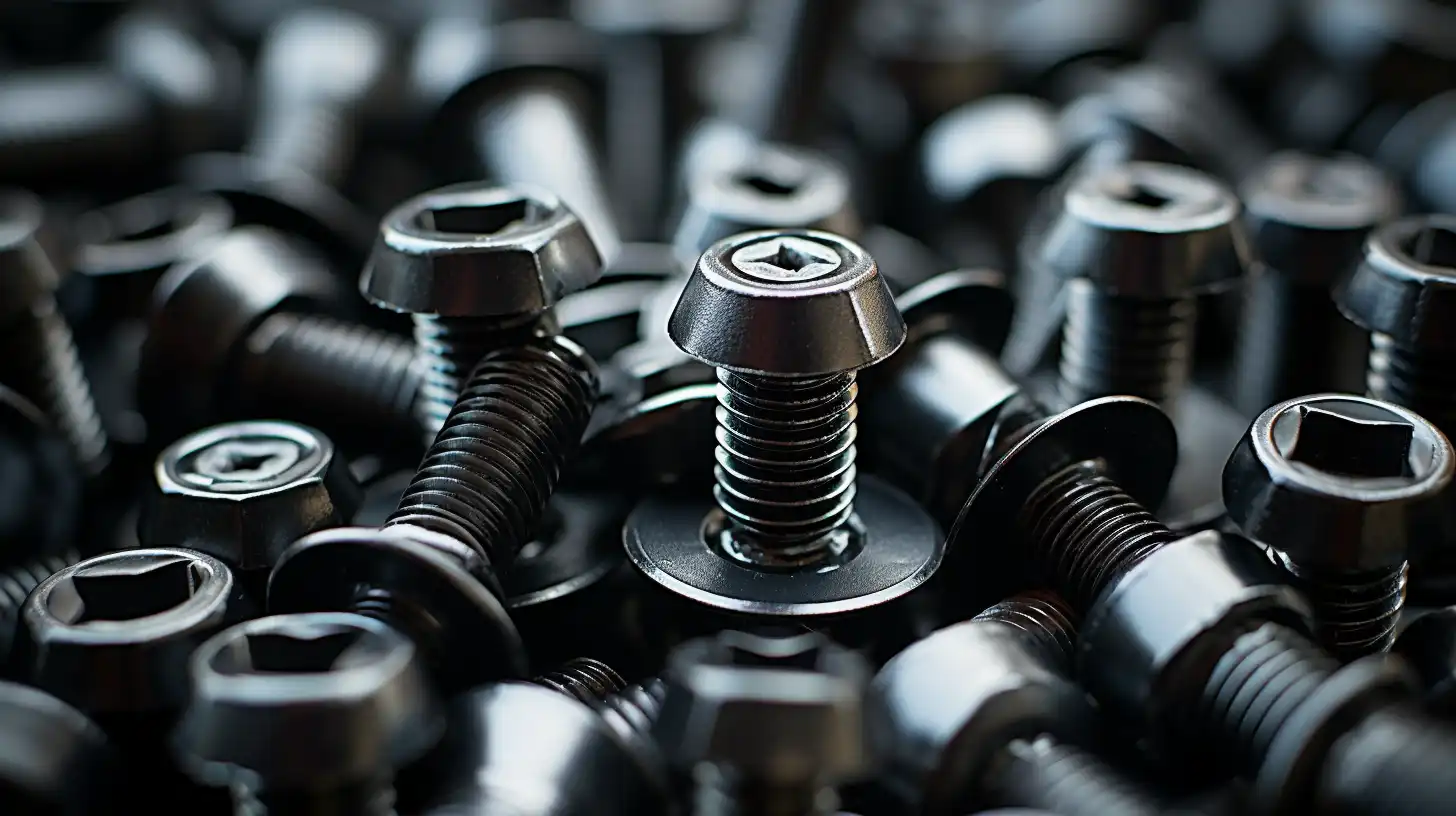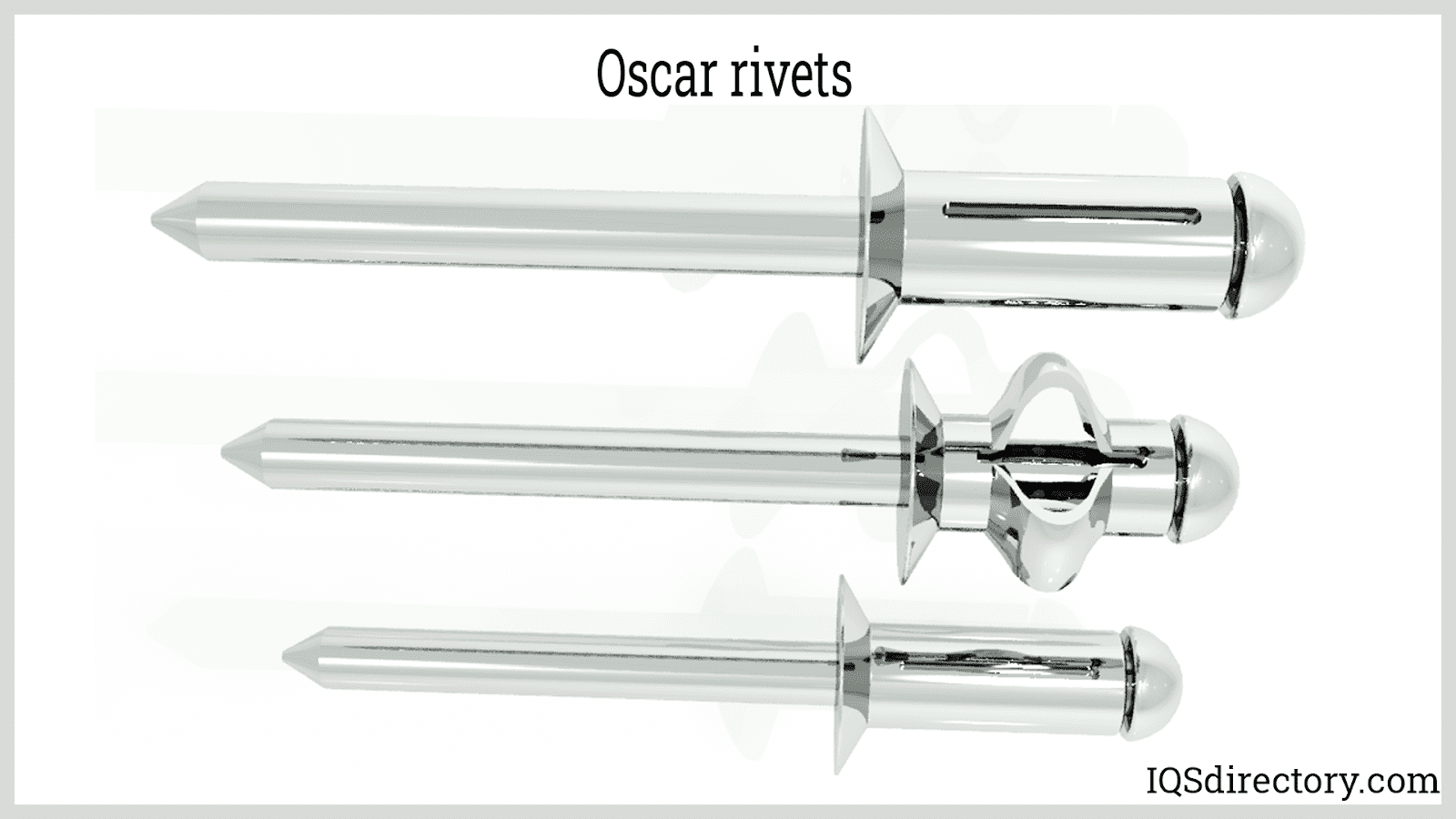Rivet Sheet Metal - Press, weld, or screw in place to add a threaded fastening point. In a nutshell, a rivet is a mechanical fastener or connector with a head and tail at opposite sides. In this article, you will find the most common seven. It has a head, a smooth. From simple blind rivets to structural fasteners, each type has its place. Rivets are fasteners that are used to connect parts in sheet metal assembly. How does one ensure that sheet metal parts remain firmly connected without welding or screws? Choose from our selection of sheet metal rivets, including domed head blind.
It has a head, a smooth. Press, weld, or screw in place to add a threaded fastening point. In a nutshell, a rivet is a mechanical fastener or connector with a head and tail at opposite sides. Choose from our selection of sheet metal rivets, including domed head blind. Rivets are fasteners that are used to connect parts in sheet metal assembly. From simple blind rivets to structural fasteners, each type has its place. How does one ensure that sheet metal parts remain firmly connected without welding or screws? In this article, you will find the most common seven.
Rivets are fasteners that are used to connect parts in sheet metal assembly. It has a head, a smooth. In a nutshell, a rivet is a mechanical fastener or connector with a head and tail at opposite sides. Press, weld, or screw in place to add a threaded fastening point. Choose from our selection of sheet metal rivets, including domed head blind. From simple blind rivets to structural fasteners, each type has its place. In this article, you will find the most common seven. How does one ensure that sheet metal parts remain firmly connected without welding or screws?
Sheet Metal Rivets Revealed From Basics to Pro Tips
Rivets are fasteners that are used to connect parts in sheet metal assembly. From simple blind rivets to structural fasteners, each type has its place. It has a head, a smooth. How does one ensure that sheet metal parts remain firmly connected without welding or screws? Choose from our selection of sheet metal rivets, including domed head blind.
How to Rivet Sheet Metal Rivmate Rivet Manufacturer
Press, weld, or screw in place to add a threaded fastening point. From simple blind rivets to structural fasteners, each type has its place. In a nutshell, a rivet is a mechanical fastener or connector with a head and tail at opposite sides. Rivets are fasteners that are used to connect parts in sheet metal assembly. It has a head,.
How to Rivet Sheet Metal Rivmate Rivet Manufacturer
From simple blind rivets to structural fasteners, each type has its place. In this article, you will find the most common seven. In a nutshell, a rivet is a mechanical fastener or connector with a head and tail at opposite sides. Choose from our selection of sheet metal rivets, including domed head blind. How does one ensure that sheet metal.
Best Rivets for Sheet Metal 7 Types Rivets for Metal Sheet Rivmate
Press, weld, or screw in place to add a threaded fastening point. It has a head, a smooth. In a nutshell, a rivet is a mechanical fastener or connector with a head and tail at opposite sides. How does one ensure that sheet metal parts remain firmly connected without welding or screws? Choose from our selection of sheet metal rivets,.
Riveting in Sheet Metal Uniting Strength and Precision
Choose from our selection of sheet metal rivets, including domed head blind. How does one ensure that sheet metal parts remain firmly connected without welding or screws? From simple blind rivets to structural fasteners, each type has its place. In this article, you will find the most common seven. Press, weld, or screw in place to add a threaded fastening.
How to Rivet Sheet Metal Hunker
It has a head, a smooth. In this article, you will find the most common seven. Choose from our selection of sheet metal rivets, including domed head blind. Press, weld, or screw in place to add a threaded fastening point. In a nutshell, a rivet is a mechanical fastener or connector with a head and tail at opposite sides.
Riveting Two Pieces of Metal Sheet. Connecting Steel with Rivets Stock
Rivets are fasteners that are used to connect parts in sheet metal assembly. In a nutshell, a rivet is a mechanical fastener or connector with a head and tail at opposite sides. Press, weld, or screw in place to add a threaded fastening point. How does one ensure that sheet metal parts remain firmly connected without welding or screws? Choose.
The Ultimate Guide to Sheet Metal Rivets ETCN
Rivets are fasteners that are used to connect parts in sheet metal assembly. In a nutshell, a rivet is a mechanical fastener or connector with a head and tail at opposite sides. Press, weld, or screw in place to add a threaded fastening point. It has a head, a smooth. From simple blind rivets to structural fasteners, each type has.
Sheet Metal Rivets Revealed From Basics to Pro Tips
It has a head, a smooth. Choose from our selection of sheet metal rivets, including domed head blind. Rivets are fasteners that are used to connect parts in sheet metal assembly. Press, weld, or screw in place to add a threaded fastening point. In this article, you will find the most common seven.
Sheet Metal Fabrication What Is It? How Does It Work?
From simple blind rivets to structural fasteners, each type has its place. Choose from our selection of sheet metal rivets, including domed head blind. In this article, you will find the most common seven. Press, weld, or screw in place to add a threaded fastening point. How does one ensure that sheet metal parts remain firmly connected without welding or.
From Simple Blind Rivets To Structural Fasteners, Each Type Has Its Place.
It has a head, a smooth. Choose from our selection of sheet metal rivets, including domed head blind. In this article, you will find the most common seven. Rivets are fasteners that are used to connect parts in sheet metal assembly.
How Does One Ensure That Sheet Metal Parts Remain Firmly Connected Without Welding Or Screws?
Press, weld, or screw in place to add a threaded fastening point. In a nutshell, a rivet is a mechanical fastener or connector with a head and tail at opposite sides.
